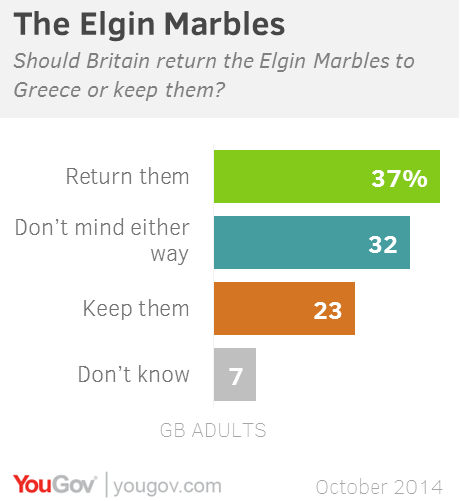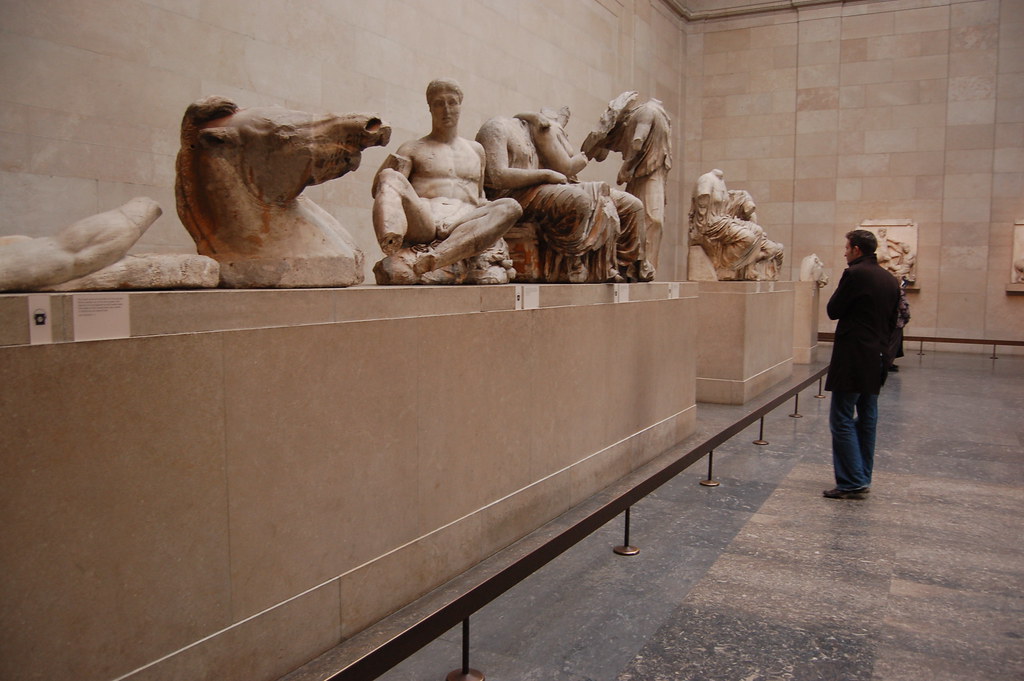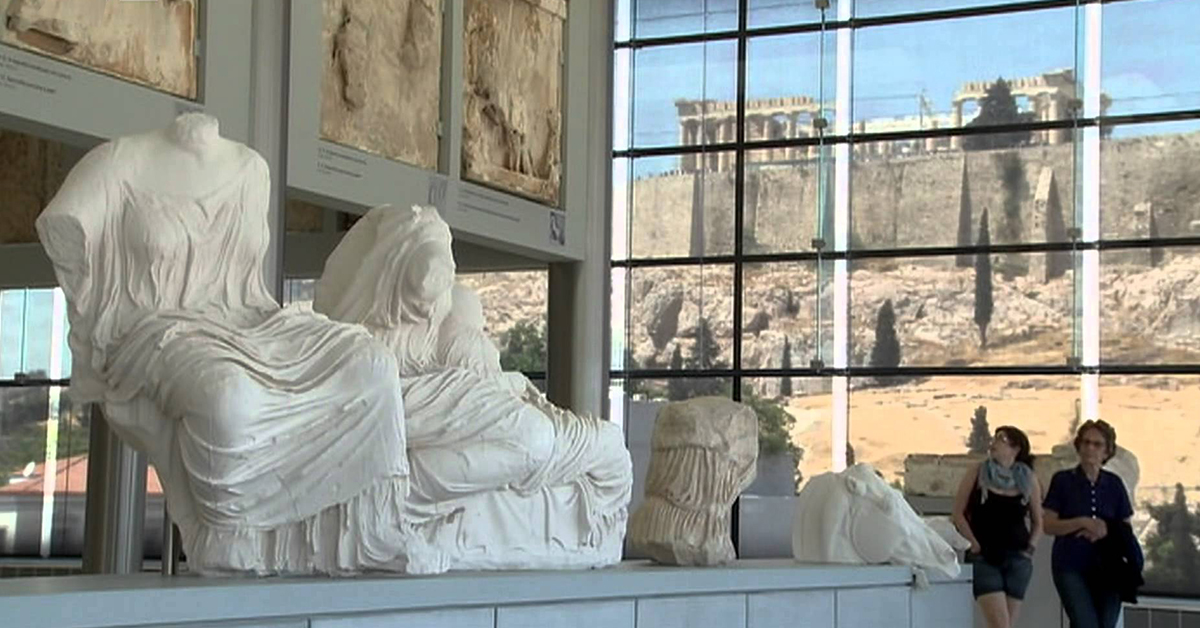If there were a referendum on whether or not the elgin marbles should be returned to greece or remain in the british museum the british public say that they would vote to return them to greece by a margin of more than two to one according to a new mori poll carried out for regent productions.
British public poll elgin marbles.
37 think the classical greek sculptures should be returned which is more than.
Britain breaks with eu u k.
The poll found that 37 of people wanted the elgin marbles to be returned to greece while only 23 thought the marbles should remain in.
They have been displayed at the british museum in london since 1817 when elgin sold the marbles to the british government.
Greece wants its treasured elgin marbles back from the british.
Releases long delayed report on.
In response to the initial question if there were a referendum on whether the elgin parthenon marbles should be returned to greece how would you vote two fifths of british adults 40 say they would vote for the marbles to be returned to greece and 16 say they would vote to keep them in britain however when asked how they would vote if a number of conditions see below were satisfied.
The british museum has vowed to fight off any attempt by the eu to take back the elgin marbles during brexit talks as it said they were acquired completely legally.
The sculptures which lord elgin removed from the parthenon in athens 200 years ago and sold to the british museum are also known as the parthenon marbles for their original home.
When the marbles were shipped to england they were an instant success among many who admired the sculptures and supported their arrival but both the sculptures and elgin also received criticism from detractors.
While promoting his new film monuments men about returning art taken by the nazis to its rightful owners george clooney has said that the uk should give back the parthenon marbles to greece.
Polling by yougov conducted in 2017 suggested the british public mostly back the marbles return with 55 per cent saying the.
Lord elgin began negotiations for the sale of the collection to the british museum in 1811 but negotiations failed despite the support of british artists after the government.




























